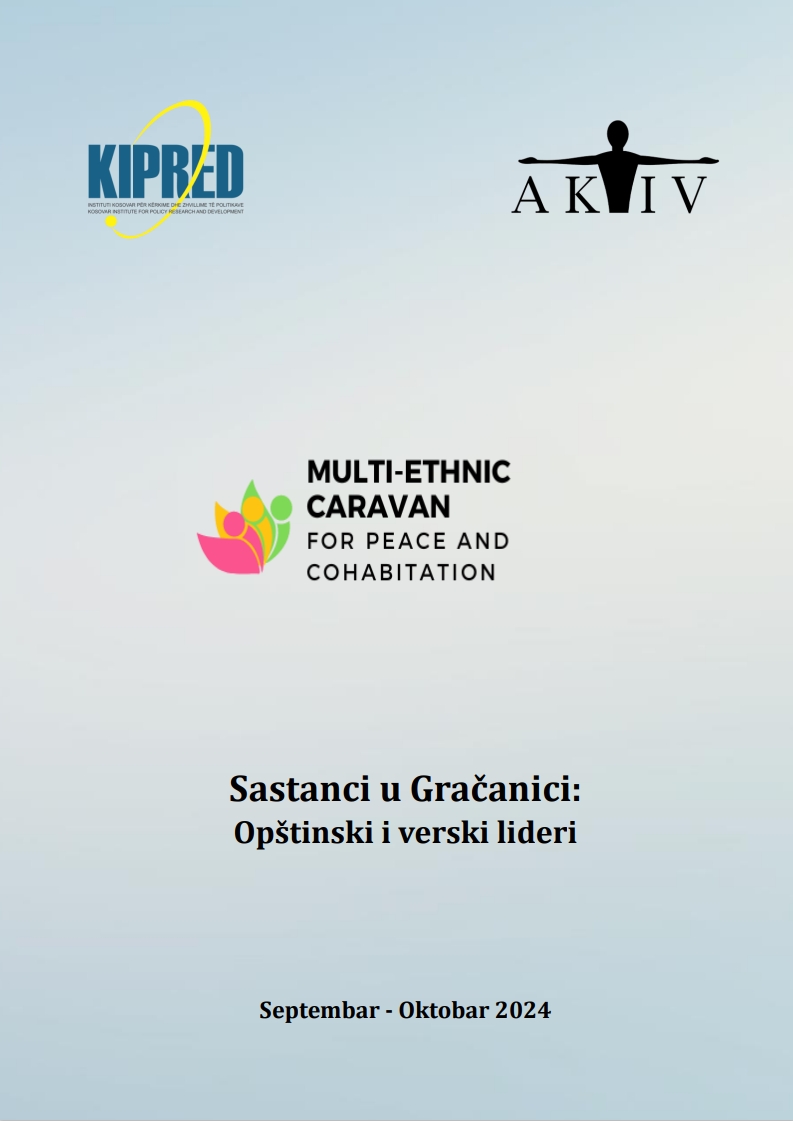Since the beginning, EULEX has been under constant criticism for its inability to fulfil its mandate. The Kosovar Institute for Policy Research and Development (KIPRED) has launched the “A Comprehensive Analysis of EULEX: What Next?” report which aims at addressing why EULEX has not been able to fulfil its mandate, and besides that, it calls for the mission’s gradual and planned withdrawal. The report also lays out the plan on how EULEX should finally cease its operations by the end of 2014.
According to the author of the report, Shpend Kursani, the aim of this report is to provide a comprehensive analysis of the work of EULEX which serves ahead of the mission’s review which should take place this spring. According to the report, although EULEX’s legal presence in Kosovo risks being challenged; its legitimacy has increased over time, especially in the new environment created as a result of the end of supervised independence. The mission cannot just in itself be held accountable for its failures: the local context in which the mission operates as well as the political agenda which Brussels follows in Kosovo and the region make the mission unable to fulfil the mandate it was assigned.
The report asserts that the mission has sat on a comfortable budget of 613.8 million Euros budget in the past 5 years, which is 75% of Kosovo’s entire budgetary resources allocated to wider rule of law. Yet there are on average only 2.1 verdicts handed down per EULEX judge each year, while only 0.29 verdicts are handed down per EULEX judge within a year on high profile organized and corruption cases. The report also presents some data which give indications of the local judiciary staff’s inability or unwillingness to deal with high profile organized crime and corruption cases. Just like the local judicial institutions, EULEX has not been spared from outside political interference on behalf of stability. EULEX’s work has been impeded from Brussels’ over cautionary policy towards the dialogue between Kosovo and Serbia. This is clear because of three reasons: (1) the EU views the dialogue as the only path for solving major problems in relations between Kosovo and Serbia, (2) these relations are key for regional stability; and most importantly (3) there is no ‘Plan B’ should the dialogue fail. Linking EULEX to implementation of the dialogue results risks making the mission a peacekeeping one, effectively changing its nature and mandate.
The local context in which EULEX operates provides little hopes for such an international mission to realize the mandate vested on it. According to Shpend Kursani it is evident that the local forces of Balkanization are swallowing the European mission down to their level and, as such, the mission risks being beaten with the “experience”. According to him, fighting organized crime and corruption in a vibrant yet connected society in so many levels provide little hopes for such threats to be dealt with from abroad. The mandate that EULEX has should be gradually transferred to the locals to implement.
As such the report introduces the steps to gradual transformation of EULEX and eventual closing of the mission: (1) Transform MMA functions into MR (monitoring and reporting) functions by the end of 2013; (2) Create a “monitoring centre” that initially sits with EULEX and then transfer it on to the EU Office by mid 2014; (3) Increase the number of competent local judges and prosecutors between the beginning of 2013 and the end of 2014; (4) Gradually shrink the executive powers of the mission by the end of 2014; (5) Enhance the democratic accountability of EULEX; (6) Full replacement of EULEX with conditionality based policy (by end 2014).
16 January 2013

A COMPREHENSIVE ANALYSIS OF EULEX: WHAT NEXT?











